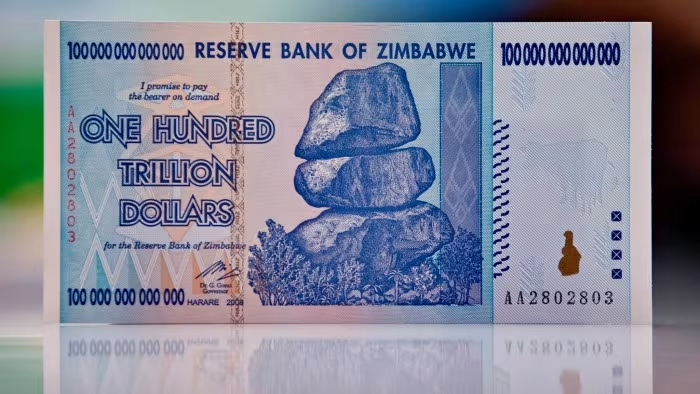In 2024 so far, Kenya 🇰🇪 ($437m, 31%) and Egypt 🇪🇬 ($373m, 27%) come out on top with a combined 58% of all the funding raised by start-ups in Africa. For both of them, it is their highest share of funding on record since 2019, but since the start of 2024, only one startup from Zimbabwe, named Jamboo, has managed to get funding. This raises an important question: Why is it hard for startups in Zimbabwe to get as much funding as startups in other African countries?
There are several factors that make it difficult for Zimbabwean startups to get funding from investors around the world. Let’s take a closer look at this.
Market Size: Zimbabwe has a smaller market compared to countries like Nigeria, Kenya, or South Africa. Zimbabwe has an estimated population of nearly 15 million people. South Africa’s fourth largest mobile network, Cell C, has over 16 million subscribers, more than the entire population of Zimbabwe. This means the potential market for businesses in Zimbabwe is quite small, and these numbers are not very attractive to investors.
Poverty Levels: It’s hard for many of us to understand how deep poverty runs in our country. According to Zimstat, the government agency, 61% of Zimbabweans earn less than Z$100,000 a month, which is about US$ 13. Sometimes, even if a startup has a great idea, they find out that people can’t afford what they’re offering. Investors are aware of this and often back out after realizing the economic situation in Zimbabwe.
Currency Issues: Zimbabwe was once known as Africa’s breadbasket and its currency was as strong as the British pound. The funding problem is also tied to Zimbabwe’s complicated currency situation. Since gaining independence, Zimbabwe has had at least five different currencies. The latest attempt to stabilize the economy with a new currency, the ZiG, failed within six months. Inflation, which reduces the value of money, is a big problem.
Country’s Reputation: Zimbabwe is known for its challenging economic conditions, including high inflation, political uncertainty, and high taxes. Currently, the country is dealing with 20-hour power cuts, and there doesn’t seem to be a solution coming soon. The government’s unpredictable legal changes also make it hard for businesses to plan for the future. Additionally, sanctions against Zimbabwe make investors cautious about investing in the country.
Despite these challenges, it’s not impossible for startups in Zimbabwe to get funding. It just means they have to work harder to convince investors that their business can succeed despite these obstacles. They need to present a very strong case, stronger than startups in other African countries, to overcome the bias against Zimbabwe’s economic conditions.


